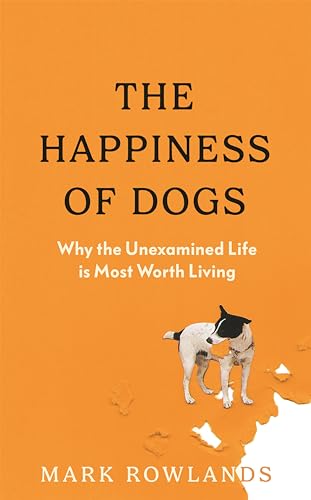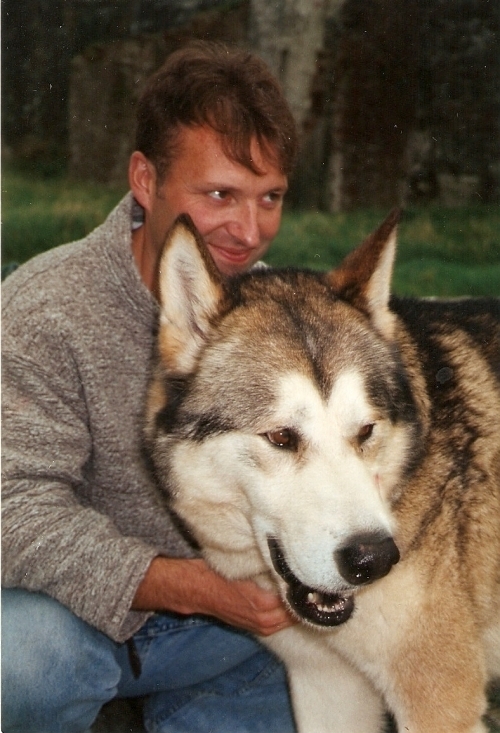
If a dog could write a book of philosophy, what would it contain? If you have spent part of your life with a dog, you may find certain questions popping, unbidden, into your mind. Is my dog living a fulfilled life? Is my dog a good dog? Does my dog love me? This, however only scratches the surface of a canine philosophy. Drawing on his life lived with dogs (two German shepherds, the amiable Hugo and his dark twin Shadow; Brenin, a wolf hybrid, and Tess his wolf dog daughter; and Nina, a German shepherd/malamute mix), on the ideas of philosophers from Socrates to Hume and Sartre, and on the cutting edge psychology of canine cognition, philosopher Mark Rowlands explores the way dogs experience the world to bring us closer to an understanding of ourselves. While dogs feel unparalleled joy and focus in the moment, humans are burdened by the disquietude of anxiety, doubt and even anguish. Happiness for dogs can be achieved in the daily chase of a squirrel, for humans it is much more elusive. Digging deep into their morality, freedoms, consciousness, intelligence and love of life, Rowlands discovers that dogs have a unique way of existing which amounts to a different philosophical outlook altogether - if they could write such a thing - and that they may have better answers to the meaning of life than we do.
Author

Mark Rowlands was born in Newport, Wales and began his undergraduate degree at Manchester University in engineering before changing to philosophy. He took his doctorate in philosophy from Oxford University and has held various academic positions in philosophy in universities in Britain, Ireland and the US. His best known work is the book The Philosopher and the Wolf about a decade of his life he spent living and travelling with a wolf. As The Guardian described it in its review, "it is perhaps best described as the autobiography of an idea, or rather a set of related ideas, about the relationship between human and non-human animals." Reviews were very positive, the Financial Times said it was "a remarkable portrait of the bond that can exist between a human being and a beast,". Mark Vernon writing in The Times Literary Supplement "found the lessons on consciousness, animals and knowledge as engaging as the main current of the memoir," and added that it "could become a philosophical cult classic", while John Gray in the Literary Review thought it "a powerfully subversive critique of the unexamined assumptions that shape the way most philosophers - along with most people - think about animals and themselves." However, Alexander Fiske-Harrison for Prospect warned that "if you combine misanthropy and lycophilia, the resulting hybrid, lycanthropy, is indeed interesting, but philosophically quite sterile" and that, although Rowlands "acknowledges at the beginning of the book that he cannot think like a wolf... for such a capable philosopher and readable author not to have made the attempt is indeed an opportunity missed." As a professional philosopher, Rowlands is known as one of the principal architects of the view known as vehicle externalism or the extended mind, and also for his work on the moral status of animals.